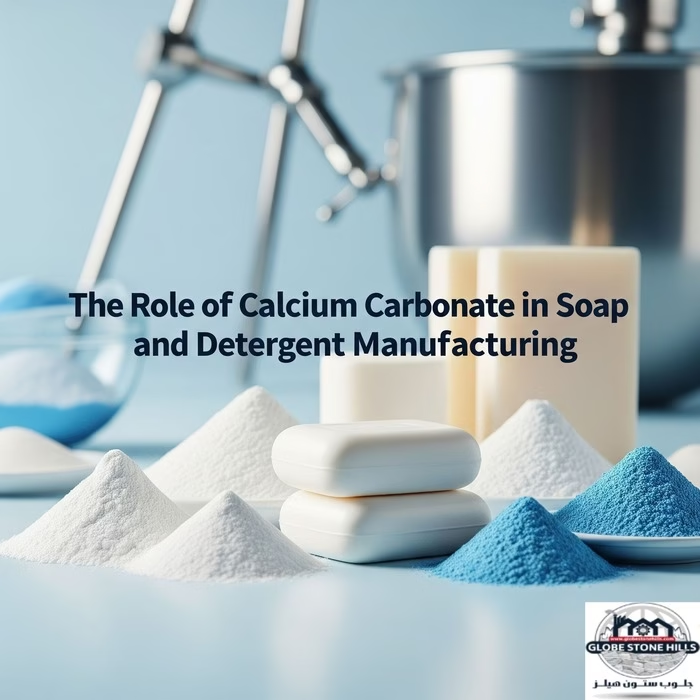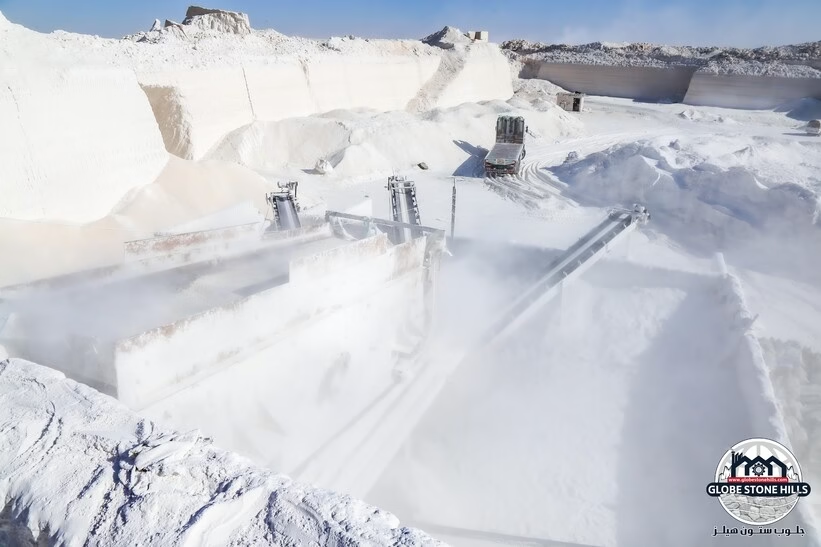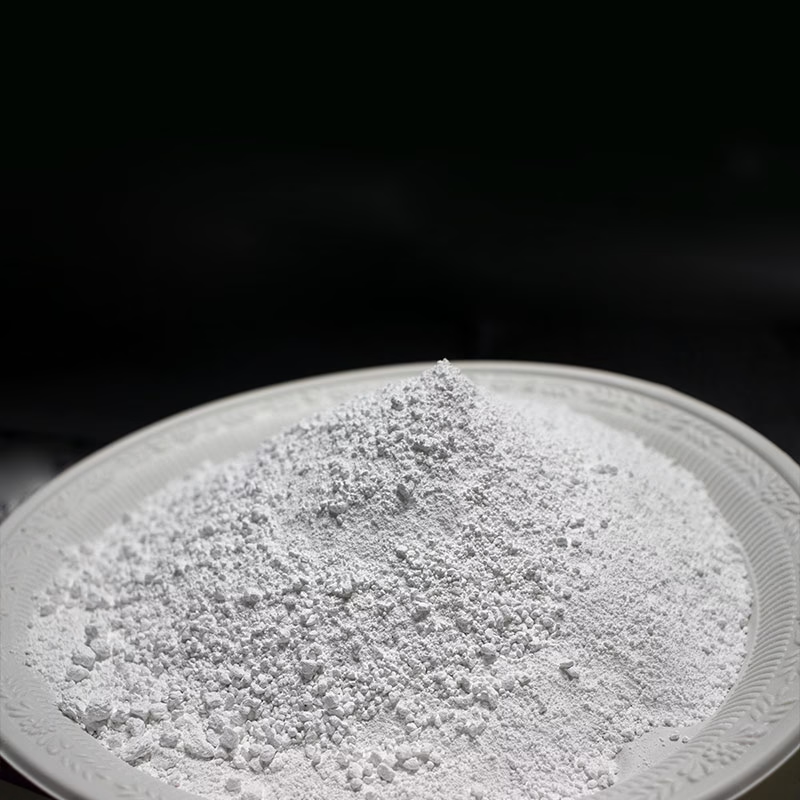
Globe Stone Hills: Your Comprehensive Guide to High-Quality Calcium Carbonate Solutions
At Globe Stone Hills, we are pioneers in the production and grinding of high-quality calcium carbonate. We offer precise products that meet the highest global standards. With years of expertise and a commitment to customer satisfaction, we strive to be your trusted partner in providing calcium carbonate solutions that contribute to the success of your […]










